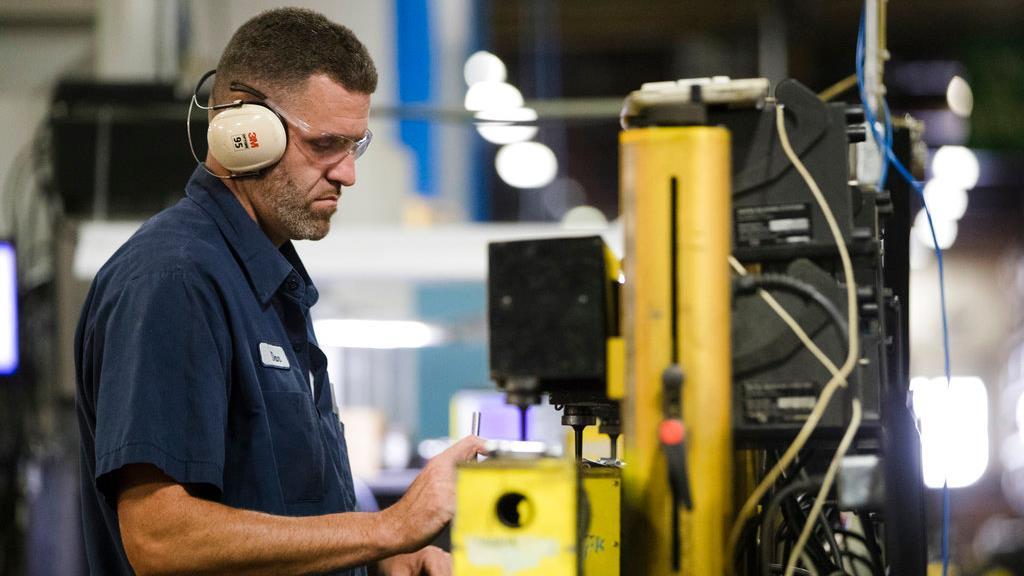New Zealand firm's 4-day workweek works, others should follow
The New Zealand company that tested – and then officially implemented – a four-day workweek is not regretting that choice.
Andrew Barnes, the CEO of Perpetual Guardian – an estate-planning business – is encouraging other businesses to embrace the four-day model in the wake of his firm’s success.
“When we started everybody’s initial reaction was ‘how am I ever going do my work in four days rather than five,’” Barnes said in a new research paper. “So the fact that the trial indicates that not only could they do their work in four days, but they could do it better in four days, is something I find extraordinarily surprising.”
Perpetual Guardian recently released a guide to help other companies adopt the model, after it made the policy official in November. Tips include being clear about goals and creating a flexible policy for workers.
Perpetual Guardian employees are still being paid for five days of work. Workers also have the option to continue working five days if they wish, with more schedule flexibility.
The policy was made official following an eight-week trial run, conducted in conjunction with the University of Auckland, which took place last March.
The abridged workweek study, involving 240 employees and conducted over two months, showed that when working one less day employees were able to maintain their job performance, while overall stress levels were reduced. Before the four-day workweek trial went into effect, staff stress levels were recorded at 45 percent. Afterward they fell to 38 percent.
Team engagement also rose, with measures for leadership, commitment, stimulation and empowerment rising between 18 and 20 percentage points between 2017 and a post-trial survey.
And, unsurprisingly, the ability to manage work-life balance improved to 78 percent from 54 percent.
CLICK HERE TO GET THE FOX BUSINESS APP
Barnes told CNN at the time the results from the study went beyond his “wildest dreams.” He also questioned why he was paying his staff for the number of days spent in the office instead of their output.
After the trial, Perpetual Guardian said it has received inquiries about the results from more than 50 businesses.




















